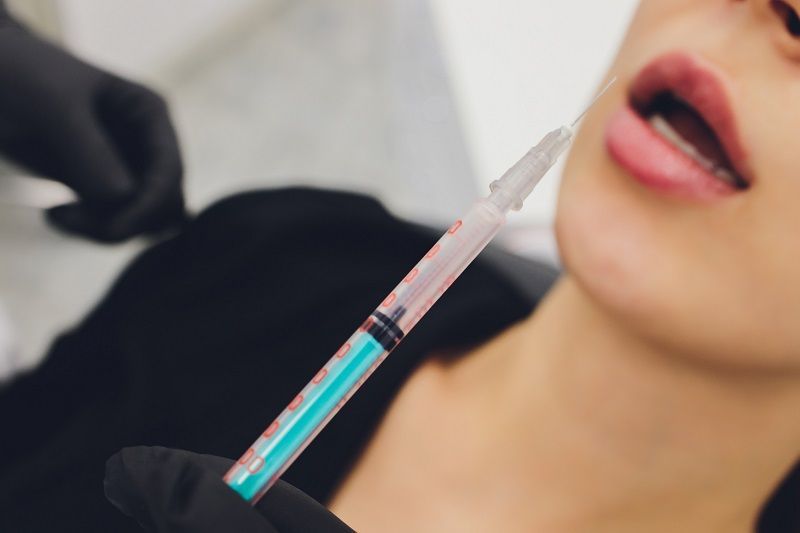The Credentials of a Skilled Sedation Dentist

Choosing a sedation dentist is a significant decision for individuals with dental anxiety or those undergoing complex procedures. The credentials of a skilled Denver sedation dentistplay a crucial role in ensuring a safe and comfortable dental experience. Do you know the key qualifications that define a proficient sedation dentist?
✔ Advanced education - A skilled sedation dentist typically possesses advanced education and training beyond general dentistry. This may include postgraduate programs in sedation dentistry or certifications from reputable institutions.
✔ Continuing education - The field of dentistry is constantly evolving, and a proficient sedation dentist stays updated with the latest techniques, technologies and safety protocols through ongoing continuing education courses.
✔ Board certification - Board-certified sedation dentists have undergone rigorous examinations and evaluations to demonstrate their proficiency in sedation techniques and patient safety.
✔ State licensing – It is essential to ensure that your sedation dentist is licensed by the state dental board to practice sedation dentistry safely and legally.
✔ Clinical experience - A skilled sedation dentist has ample experience performing sedation procedures, ranging from mild to deep sedation, in various clinical settings.
✔ Patient-centered approach - Beyond technical expertise, a proficient sedation dentist prioritizes patient comfort, safety, and individualized care, fostering trust and confidence among their patients.
✔ Team collaboration - A skilled sedation dentist works closely with a multidisciplinary team, including dental assistants, anesthesiologists and medical professionals, to ensure comprehensive patient care.
✔ Effective communication - Clear and open communication is paramount in the dental setting. A proficient sedation dentist communicates transparently with patients, addressing their concerns, explaining treatment options and outlining the sedation process thoroughly.











